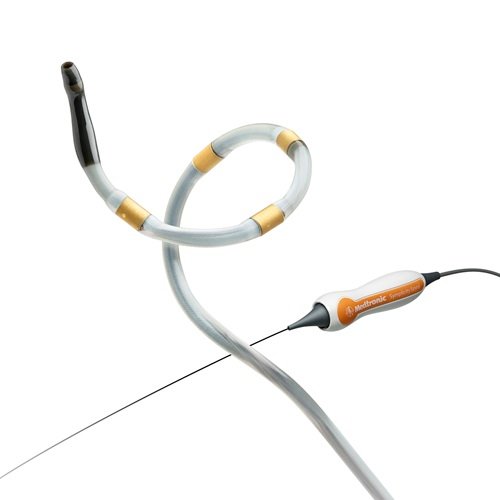
Medtronic’s announcement regarding the proposed National Coverage Determination (NCD) by the Centers for Medicare & Medicaid Services (CMS) marks a pivotal advancement for hypertension care in the United States. The inclusion of the Symplicity Spyral™ renal denervation (RDN) system in this proposal signifies federal recognition of its clinical relevance in addressing uncontrolled hypertension-a condition that affects nearly half of U.S. adults and is often resistant to traditional therapies. The CMS proposal not only validates the innovation behind Medtronic’s RDN platform but also paves the way for broader patient access through Medicare, especially for populations most burdened by this chronic disease.
The Symplicity Spyral RDN system is a minimally invasive, catheter-based procedure that uses radiofrequency energy to disrupt overactive renal nerves, which play a role in blood pressure regulation. This novel approach provides an adjunctive option for patients who do not adequately respond to lifestyle changes and medication. With the proposed NCD in place, clinicians would be empowered to offer RDN to a wider patient base, potentially improving long-term cardiovascular outcomes while reducing the economic and clinical strain of unmanaged hypertension.
While CMS continues to gather public input during the 30-day comment period, the proposed coverage marks a key step toward national reimbursement clarity and health policy support for breakthrough therapies. Medtronic’s continued collaboration with regulatory bodies and healthcare stakeholders underscores its commitment to improving access to advanced treatments. If finalized, the NCD could drive significant adoption of renal denervation in clinical practice—delivering more options to physicians and renewed hope for patients struggling with persistent high blood pressure.
Medtech Spectrum's Summary
Broader Access for Hypertension Patients: The proposed CMS National Coverage Determination (NCD) for Medtronic’s Symplicity Spyral™ RDN system is a significant step toward expanding Medicare coverage for a novel, minimally invasive treatment for uncontrolled hypertension.
Clinical and Economic Impact: By enabling more patients to benefit from renal denervation, the NCD supports improved long-term cardiovascular outcomes and may help reduce the public health and cost burden associated with treatment-resistant hypertension.
Pathway to Innovation Adoption: The CMS proposal reflects growing confidence in breakthrough technologies and highlights the importance of policy support in accelerating the adoption of clinically validated, next-generation therapies.